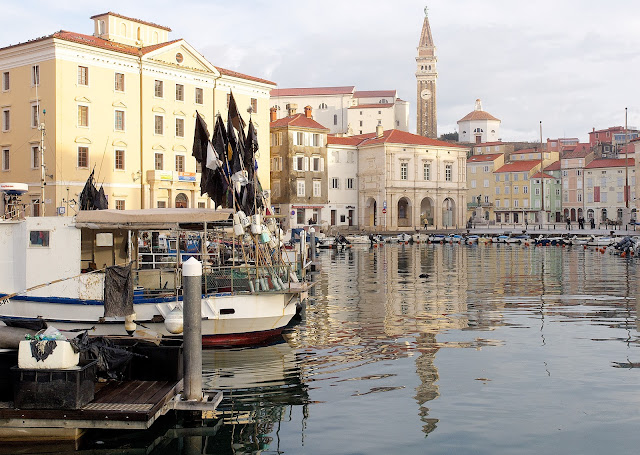Memorial Day was not meant to be a day for cookouts, road races, traffic jams, and sunburns. Nor is it the first day of summer. The first observance that became Memorial Day was in Boalsburg, PA in October 1864, when a group of women placed flowers on the graves of the Civil War dead. Memorial Day is meant commemorate those who died in war, from the civil war to today’s wars.
My mom always referred to it by its original name: Decoration Day. It was, and should be, a time to visit the graves, place flowers and American flags, and, at least for Catholics, the attend Mass and to light candles in memory of the war dead. It is a time for public services in memory of those who died in the service of our country.
We ask why men and women bravely and voluntarily risk their lives to defend that which they and we hold sacred? There are more reasons than there are men and women in the military. No matter the reason, the only response we can offer to those who lost their lives defending our country--be it at D-Day or in Afghanistan--is honor, gratitude, prayer for their souls, and prayer for the consolation of their families.
Before entering the Jesuits in 1997 I spent four years as a psychiatrist at the VA Hospital in White River Junction, Vermont. Those years were eye-opening and heart-rending. It was not, is not, and never will be, easy to serve. It will never be easy to recall those friends who died while the speaker survived. Many men broke down in my office as they spoke of fallen comrades and dealt with what has come to be known as survivor's guilt. I kept a box of Kleenex Man-Size Tissue on the desk and a spare box in the drawer. They had to be replenished often. This is not an easy holiday for some of those veterans who returned .
When asked to celebrate Mass for Memorial or Veterans' Day, I invariably choose the reading from Sirach 44 that begins:.
"Let us now praise famous men, and our fathers in their generations."
The ultimate sacrifice that many of those who served in the military made--and will continue to make--can never be ignored or forgotten.
Further along in Sirach we also hear:
"There
are some of them who have left a name,
so that men declare their praise.
And there are some who have no memorial,
who have perished as though they had not lived . . . ,"
That is the plight of those who died in battle. Anonymity and hiddenness.
One of the our country’s most important monuments is the Tomb of the Unknown Soldier. It preserves the memory of all those who have been forgotten by time. Perhaps the fame of the veteran is in the hiddenness of his or her service. The honor of a veteran is doing a job day-by-day knowing that there will be little to no recognition or appreciation.
The sacrifice of those who died must be acknowledged and their memories kept alive. We learn from those memories. Thus, It is important to visit war memorials and read the names, it is important to visit the graves of those who died in war, and to listen to the stories of those who survive, if they are able to talk about it, or to sit silently with them in their grief.
What went through the minds of those men and women when they were deployed? What was it like packing before shipping out? What was it like saying goodbye with the threat of not returning hanging silently over those goodbyes? What was it like, what is it like, when there is a knock on the door and one knows the message before hearing the feared words:
"We regret to inform you that . . . ?
"Blessed are the peacemakers,
for they will be called children of God."
The reality is that sometimes peace can only be accomplished or maintained through war. Sometimes the peacemakers are those who must fight. Ideally swords will be pounded into plowshares and spears will be turned into pruning hooks. But at times plowshares must be reworked into swords and pruning hooks back into spears.
The fundamental human condition is that we are sinners. Some of those sins
threaten the lives and safety of others. At times those sins ignite the fuse that leads to war. This has been true since the beginning of time; it will be true until the end of time. Thus, our gratitude to those who died while serving, and our gratitude to their families who mourn. As we remember them we pray:
Requiem aeternam
dona eis, Domine,
et lux perpetua luceat eis.
Requiescant in pace.
"Eternal rest
grant unto them O Lord,
and let perpetual light shine upon them.
May they rest in peace."
______________________________________________
The photos are self-explanatory, The candles were taken in the National Shrine of the Immaculate Conception in Washington, D.C. The crucifix overlooks the graves at the Jesuit cemetery in Weston, MA where I will be buried in time.
Fr. Jack, SJ, MD



















